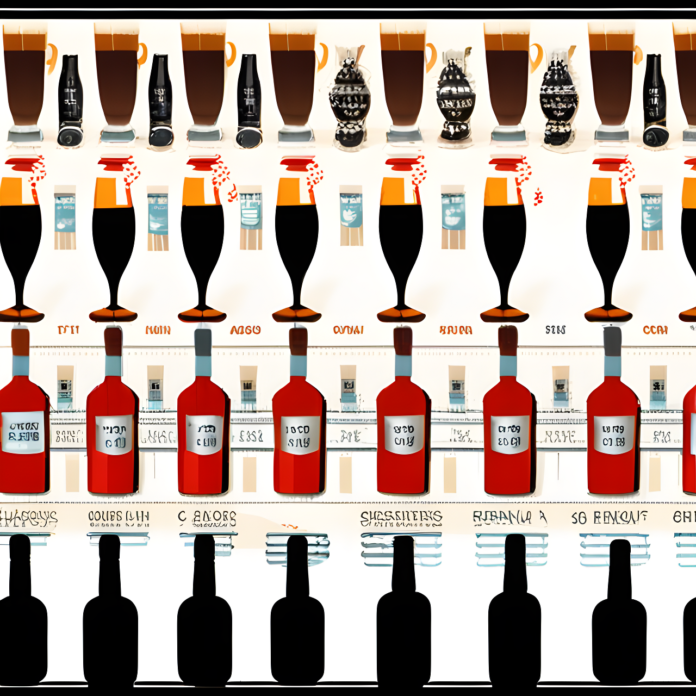
Colon cancer, also known as colorectal cancer, is one of the most common and deadly forms of cancer worldwide. According to the World Health Organization (WHO), it is the third most common cancer globally and the fourth leading cause of cancer-related deaths. While there are several factors that contribute to the development of colon cancer, alcohol consumption has emerged as a significant hidden danger, increasing the risk of this deadly disease.
Alcohol consumption has long been associated with various health issues, including liver disease, heart problems, and certain types of cancer. However, the link between alcohol and colon cancer has gained significant attention in recent years due to the alarming rise in cases.
Several studies have found a consistent association between alcohol consumption and increased risk of colon cancer. A large-scale meta-analysis published in the International Journal of Cancer in 2017 analyzed data from over 25 research studies and concluded that there is a clear dose-response relationship between alcohol and the risk of colon cancer. The study found that even moderate alcohol consumption significantly increases the risk of developing this deadly disease.
What makes alcohol consumption particularly dangerous is its effect on the colon itself. Alcohol is metabolized by the body into harmful by-products, such as acetaldehyde and reactive oxygen species, which not only damage cells but also disrupt the balance of gut microbiota. This disruption leads to inflammation and oxidative stress in the colon, both of which promote the development of cancer cells.
Moreover, alcohol consumption has been shown to interfere with the absorption of essential nutrients, such as folate, which plays a crucial role in DNA synthesis and repair. The inadequate levels of folate in the body due to alcohol consumption further contribute to the increased risk of colon cancer.
The type of alcoholic beverage consumed also affects the risk. A study conducted by the American Cancer Society found that beer and spirits, particularly when consumed in large quantities, pose a higher risk of developing colon cancer compared to wine. This is believed to be because beer and spirits contain higher levels of acetaldehyde, a known carcinogen.
It is worth noting that the risk of colon cancer associated with alcohol consumption is not limited to heavy drinkers. Even moderate drinkers, defined as those who consume one to two alcoholic beverages per day, face a significantly higher risk compared to non-drinkers. The risk increases with higher levels of alcohol consumption.
The hidden danger of alcohol consumption and increased risk of colon cancer is further exacerbated by the fact that many individuals are not aware of this association. A survey conducted by the American Society of Clinical Oncology found that only 30% of adults correctly identified alcohol as a risk factor for cancer. This lack of knowledge can further contribute to the rising cases of colon cancer.
Prevention is the key to combatting colon cancer, and reducing alcohol consumption is a critical step in reducing the risk. Public health campaigns and education on the link between alcohol and colon cancer are necessary to increase awareness and encourage individuals to make informed choices about their alcohol intake.
Additionally, regular screenings for colon cancer, such as colonoscopies, are crucial for early detection and treatment. The American Cancer Society recommends starting regular screenings at the age of 45 for most individuals, or earlier for those with a family history or other risk factors.
In conclusion, the hidden danger of alcohol consumption and its role in increasing the risk of colon cancer cannot be ignored. The scientific evidence is clear, and it is essential for individuals to be aware of this association and take proactive steps to reduce their alcohol intake. By doing so, we can minimize the risk and potentially save countless lives from this deadly disease.












